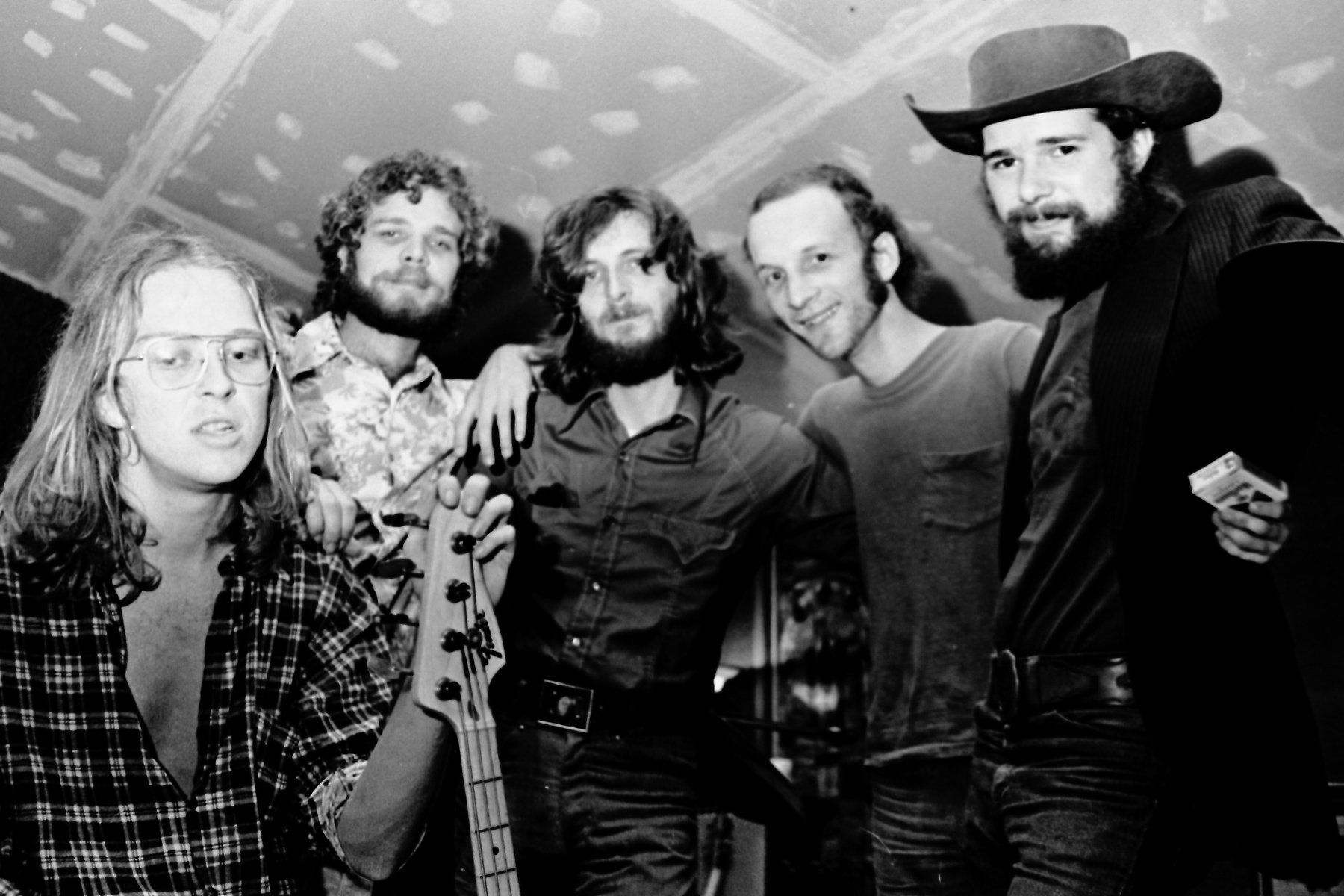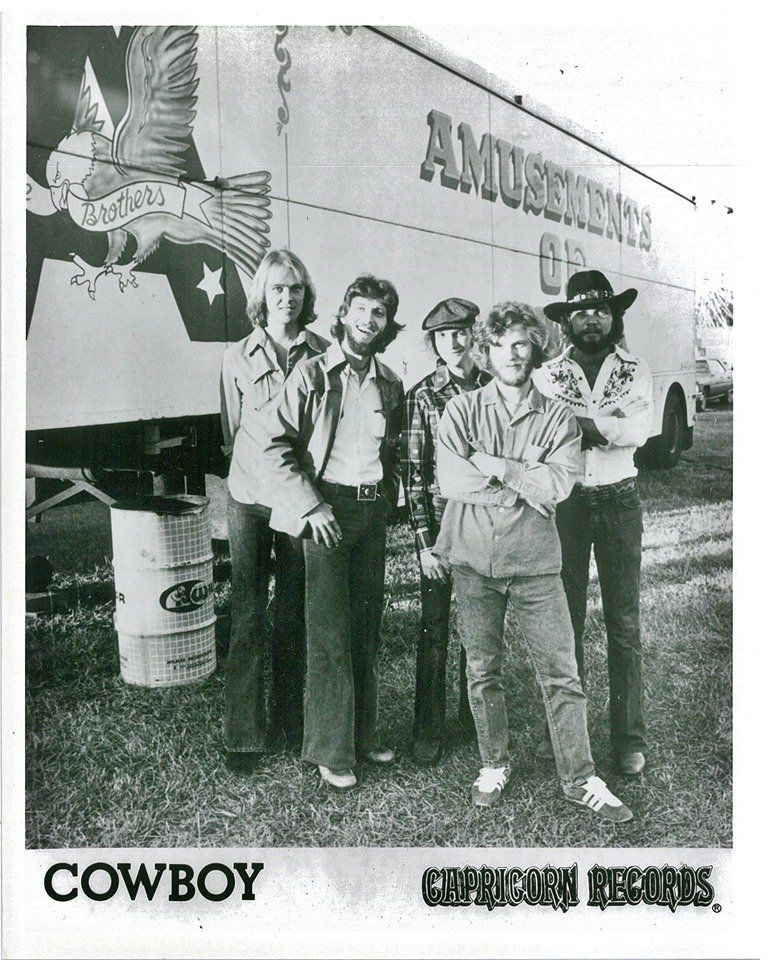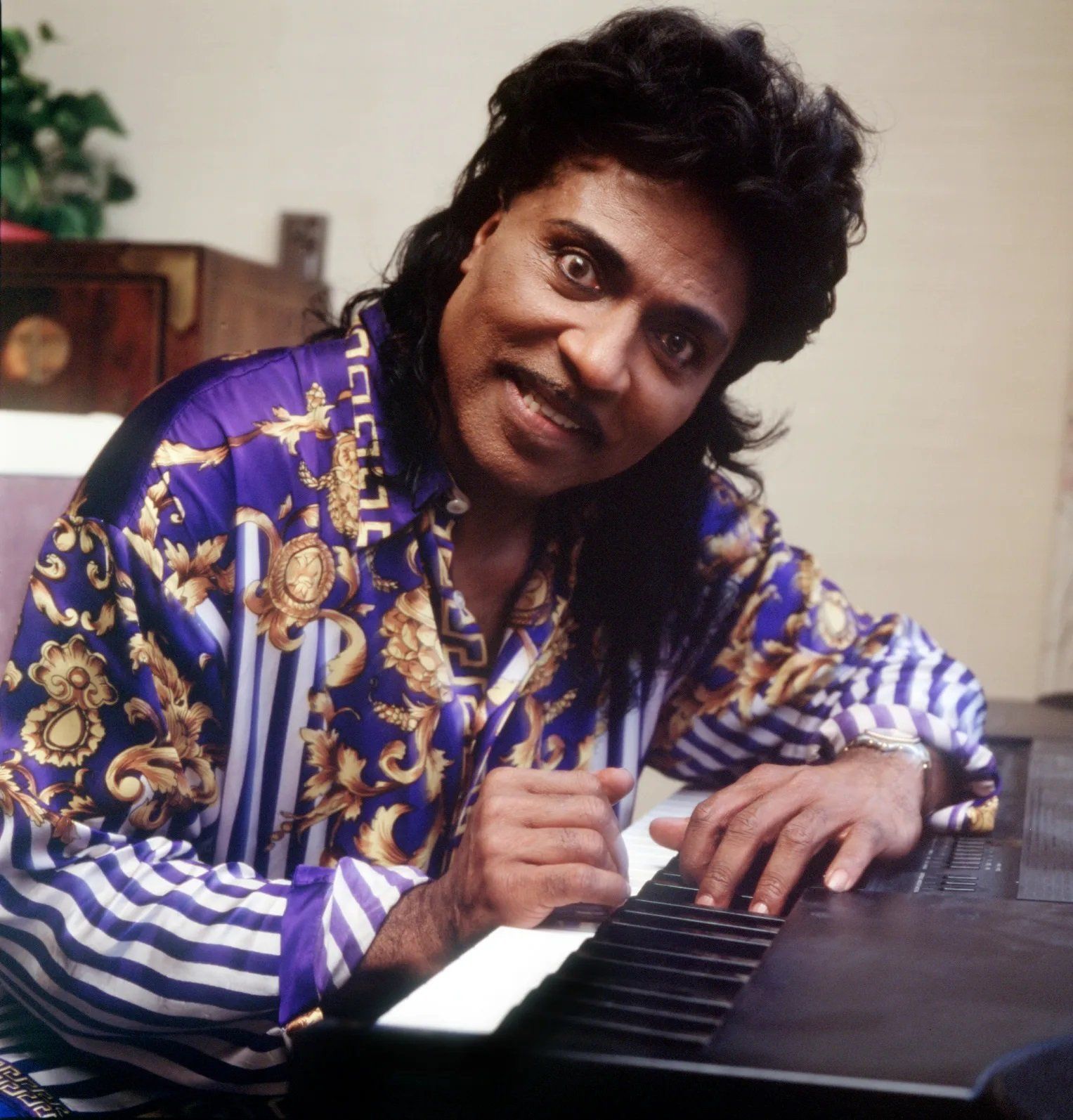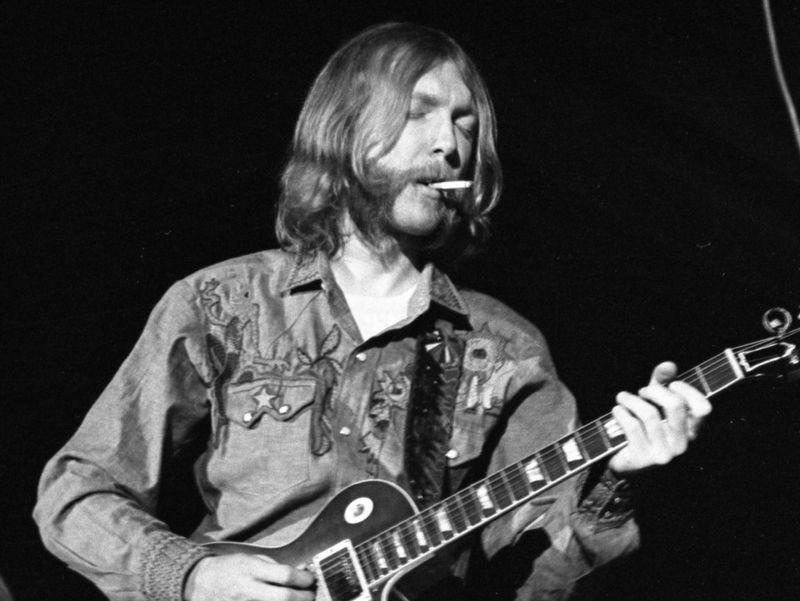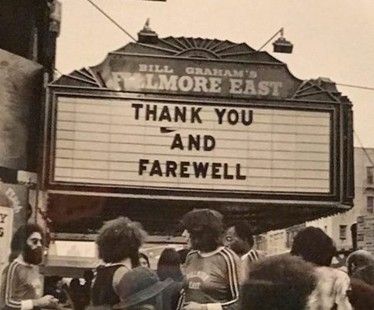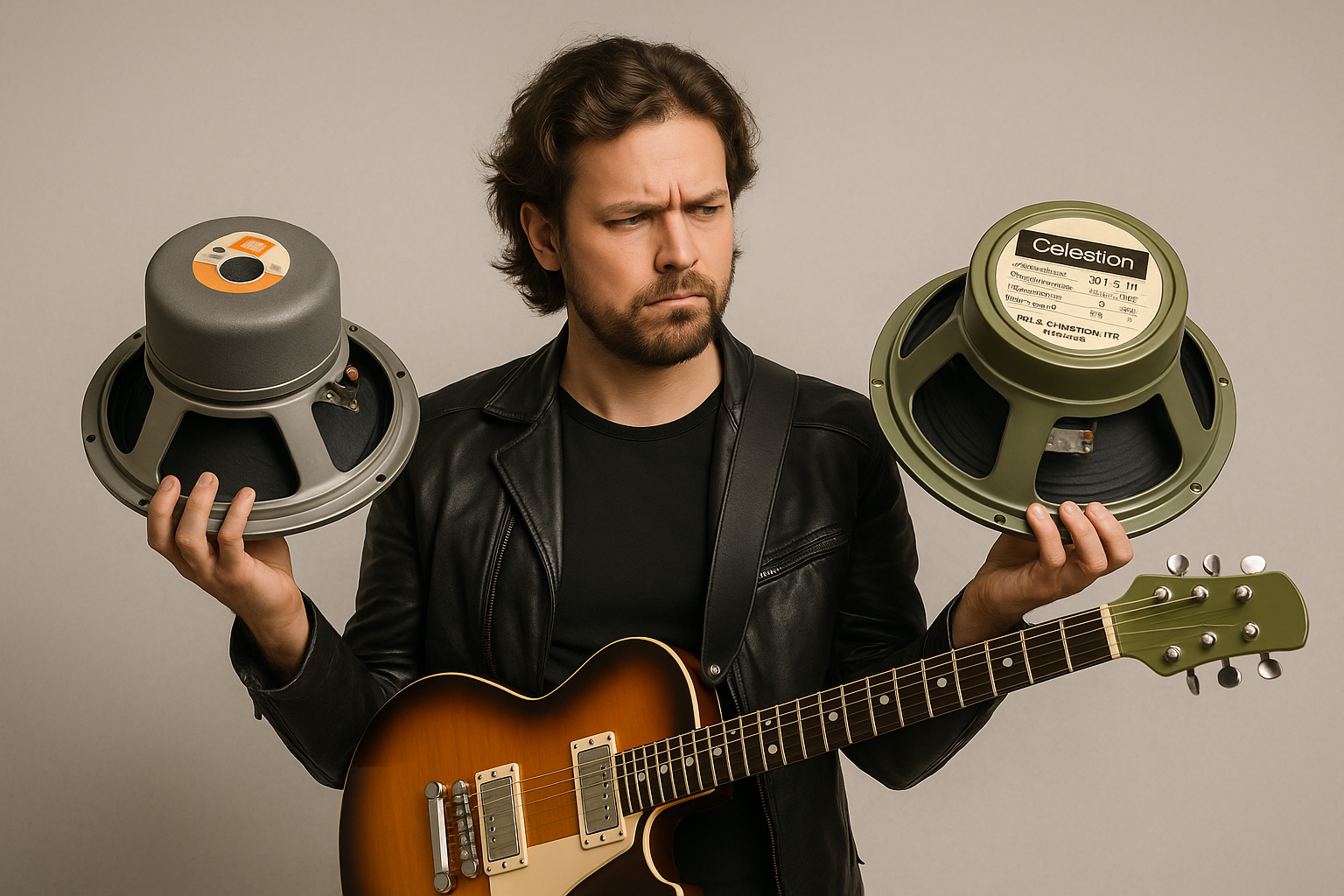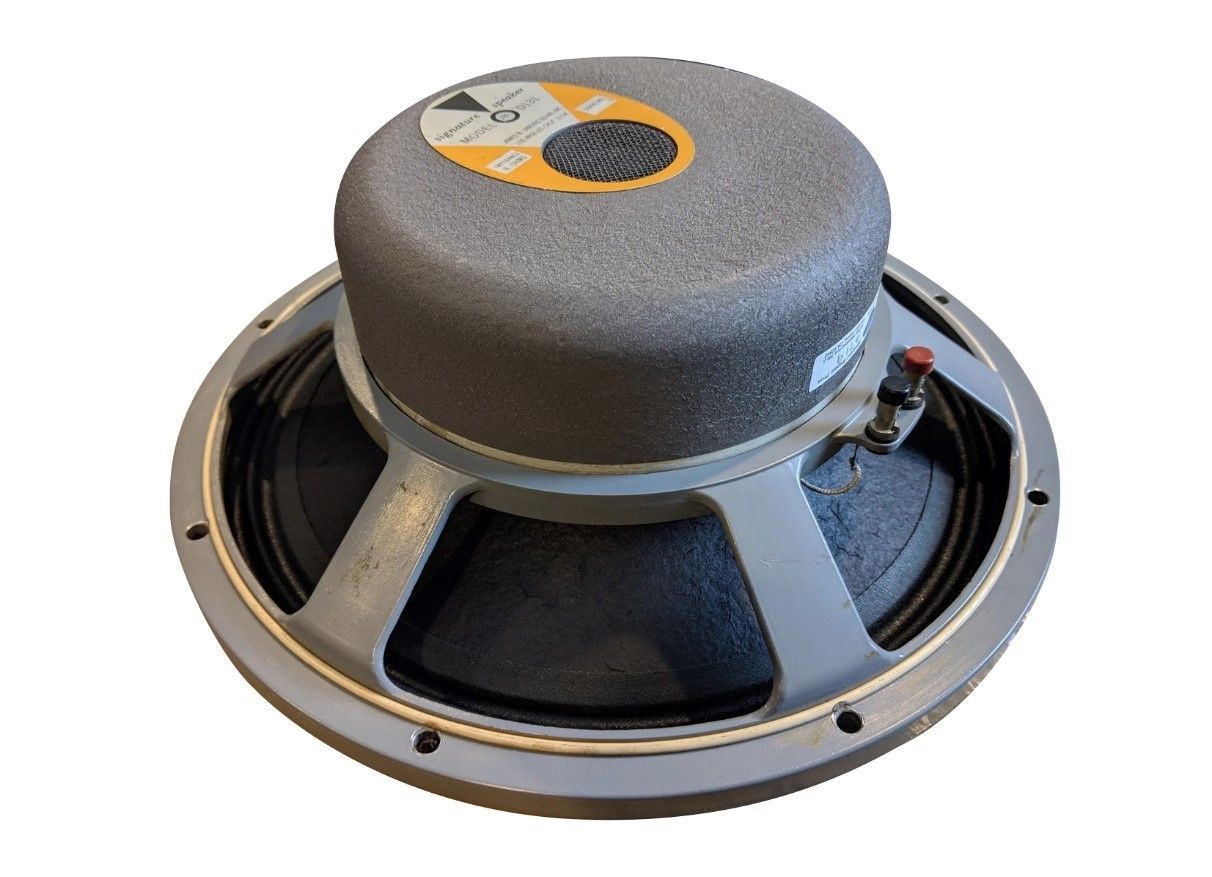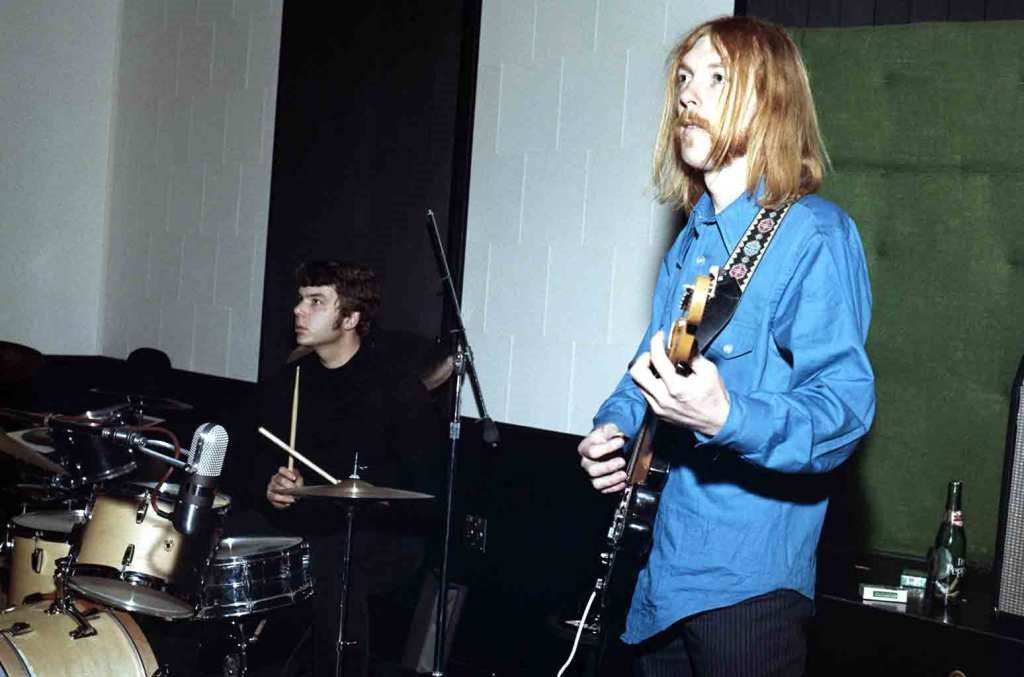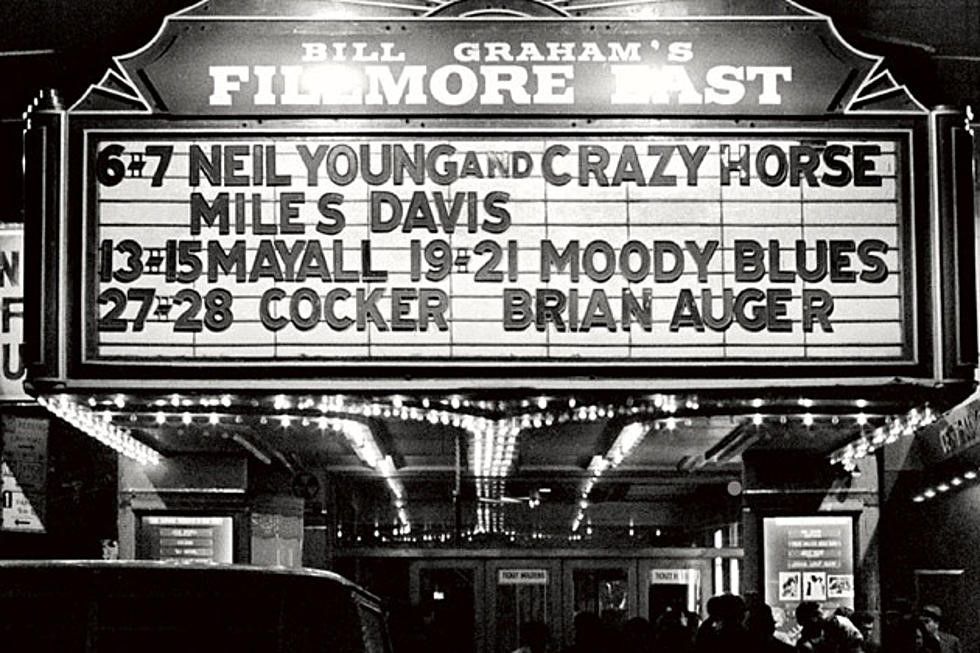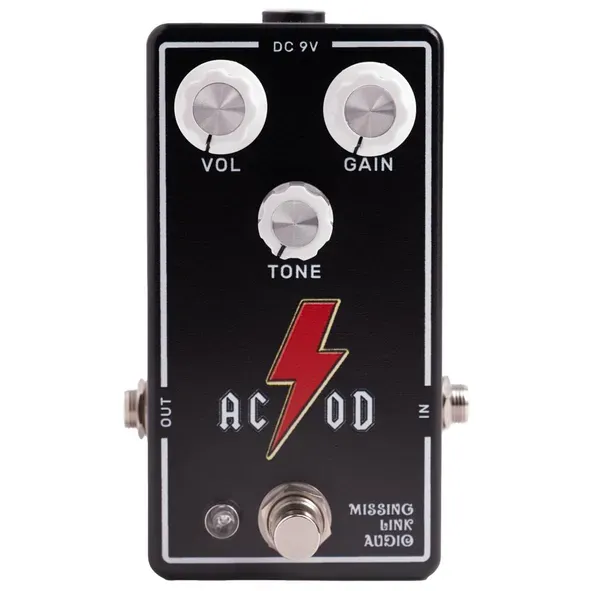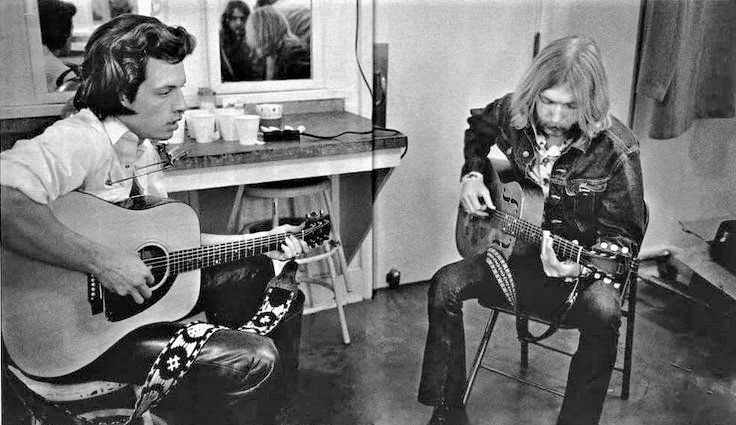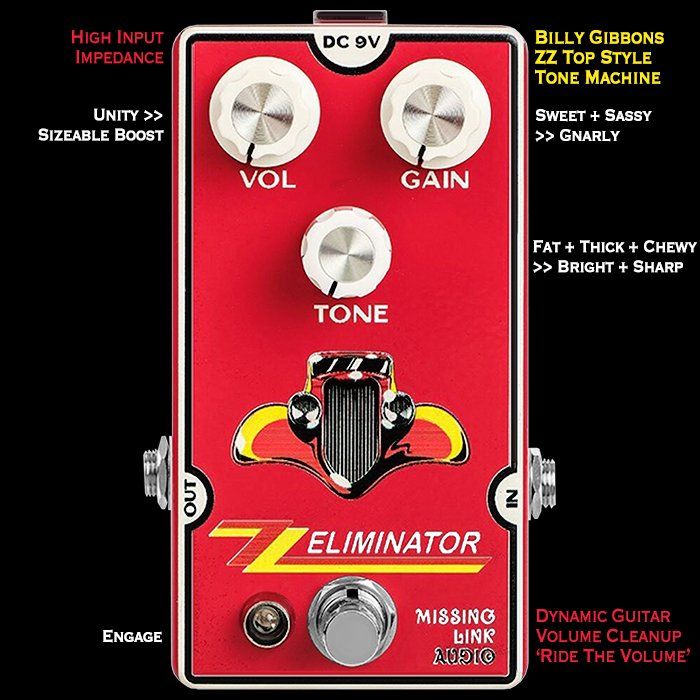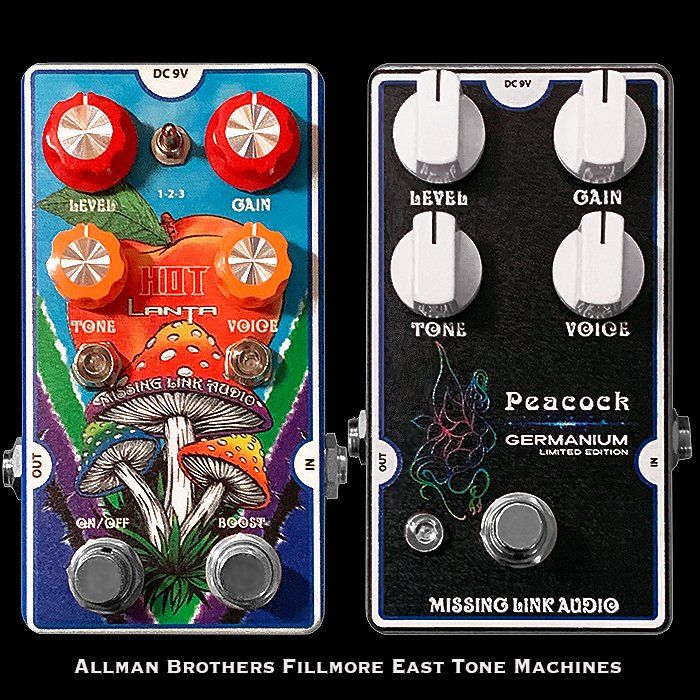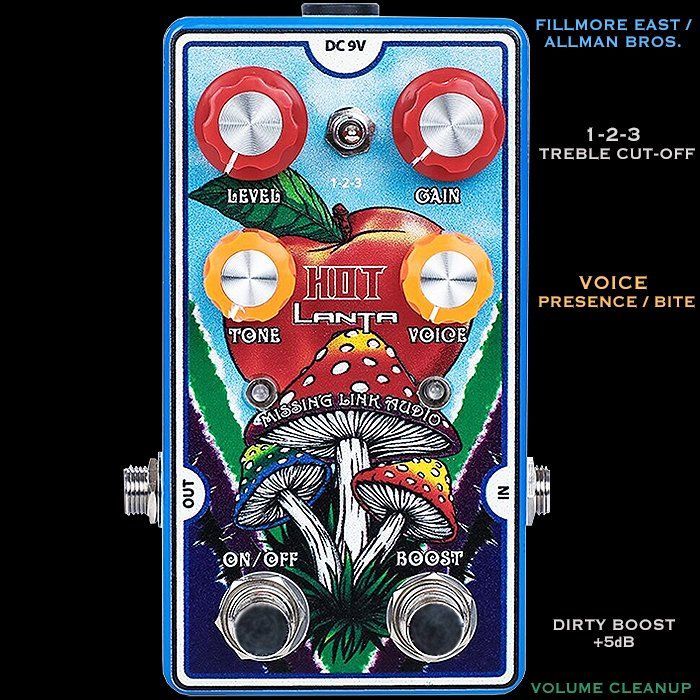An Interview with Writer and Musician Scott Boyer:
Legendary Blues Rock Musician Scott Boyer talks about music in the South and meeting Duane Allman….
This interview was recorded in the spring of 2000 and sat on the shelf for more than 22 years before being re-discovered and transcribed to share with music fans everywhere. Scott Boyer passed away February 13th 2018, and the World lost another Legendary performer and writer. He was one of the most generous and humorous men I had the pleasure of speaking with.
Scott Boyer was a long time resident of Muscle Shoals Alabama, relocating there in 1988 after journeying through the Alabama Gulf coast, Macon, GA, much of Florida, and further back to Chenango Bridge, NY, where he was born. While attending college in Tallahassee, he and two former high school classmates from Jacksonville, David Brown, and Butch Trucks (Allman Brothers Band), formed a band called The Bitter Ind. Later developing into The 31st of February, around 1968.
Around the same time events started developing that led to the development of the Allman Brothers Band and Scott met Tommy Talton with whom he formed The Band Cowboy. With Duane Allman’s help, Cowboy signed with Capricorn Records where the band recorded four albums and history was in the making.
Interview:
Scott please tell us who the founding members of Cowboy were and how that all came together?
Okay the original band included George Clark on bass, Tom Wynn on drums, Bill Pillmore on guitar and piano, and Pete Kowalke on guitar and of course myself and Tommy Talton.
Are you still in contact with the original members?
How Did Duane Allman Get Involved with Cowboy?
One day Duane showed up at like seven in the morning. There's this pounded on the door, you know. I go up and it's Duane and he's standing out there, “I heard you got a band” he asked….I said, well yeah. He said, “well let me hear some stuff”, At 7 o'clock in the morning I asked? … But that was Duane…. So, I got the guys up and we went into the music room, and we played him some of our tunes and he went, okay. He was driving back from some gig in Daytona to Macon and he just stopped through to see us on the way. And the next thing I know Phil Walden's calling me up and Johnny Sandlin, who I had also known from a few years before, had done some work with down in Miami, called me up and said, well I want to come down and hear the band. Duane said, you guys got a great band, you know, a lot of good songs. I said, well sure, come on down. Johnny came down and we ended up going to Macon and signing the contract and doing the first album in the fall of 69, which was called Reach for the Sky.
What Was it Like Recording in Capricorn Studios in those Days?
Capricorn Studios which was a primitive place back then. The offices were on Cotton Avenue. The studio was on Broadway, and he had just started building the studio down there in 1969. The offices were nice. They had purchased a big building and had just kind of gutted the inside and they built a studio inside. They built another building inside of the bigger building. But all around where the studio was, it was falling to pieces. Wall board and fractured boards was everywhere. Yeah, it was just a mess, you know. It was an eight-track studio. Jim Hawkins was the engineer at the time, and he had pretty much built the whole studio himself. So, when something went down, you had to call Jim and he had to come in there because he was the only guy that knew that this wire ran from here to over there and that was the one you needed to splice. You know what I mean… Nobody else could fix anything except for Jim. So, we had about two weeks of intense sessions where we would sit around on broken lumber and wait for Jim to fix something or to re-solder a wire and then Johnny Sandlin would come out and go, okay, it's working get in here quick and we'd go in there and we'd play for three or four hours and something else would break and we would wait on that to be fixed (laughing)….
We had a bunch of original material. Tommy and I were at that point had more professional experience than anybody else in the band did. That went on for about a year and we did the second album. We started at Capricorn Studios and then Johnny went to Phil and talked him into giving us the money to come over here to Muscle Shoals to do the album at the Jackson Highway Studios because they had better gear and it worked, you know, a little better. And they were still putting the studio together at Capricorn. It wasn't real tenable to do a really good album there yet. So anyways, we came over here and did the second album, Five Will Get You Ten, in about two weeks.
That was when Tommy and I sort of got together and said, you know, the band that we have right now is not going to work. The musicianship is really not what it needs to be, and we actually had Chuck Lovell come in and play some keyboard parts on the second album because our keyboard player was a guitar player who had been playing piano for about a year and just didn't have the expertise that he needed. Anyways at that point we went to Phil and said, look, I think that this album is going to be it for the band. We we just don't have it. And he at that point came to Tommy and I and said, “Look, if I could get you guys to do this for me then everything would be fine, But the two of you If you will go out and do a tour to help me promote this album, then that will make me a very happy man” ….. We agreed to do that, and we went out in 1971, some point in the spring I'm thinking, with the Allman Brothers Band and did a tour across the southern part of the country up through California and ending up somewhere up in Seattle I think it was.
What Was Touring with the Allman Brothers Like?
It was pretty crazy. We weren't really using the term with the Allman Brothers, you know. They were getting pretty big by then. They were on a bus or flying or something and the six of us were in a Ford station wagon with our road manager. They got the sound check and if there was any time left for sound checking, we would get a little bit of one. But most days, you know, there was only enough time after the PA got set up for one sound check.
I'm reminded of one night in Seattle where we were going, it was a two-show night. They had like a show that started at seven and then another show that started at ten. And you know, we'd move out the seven o'clock crowd and bring in the ten o'clock crowd. And right before seven o'clock, you know, well about five o'clock, I heard one of the sound guys going, where's that little black box? You know, and they had installed a house sound system in this place which held about, I don't know, five thousand people. It's a huge dome building. And the guy went, I don't know, I've been looking for that black box all day. And the other guy went, well, PA won't work without it, it's the junction box that everything plugs into. Well, seven o'clock rolls around and about six-thirty they had gone, sent somebody from out in the woods where we were outside of Seattle into town to pick up a PA system so that we could have a PA system. Eight o'clock, nine o'clock, ten o'clock rolled around. They still didn't have the PA system working and they opened the doors and let the ten o'clock crowd in. The seven o'clock crowd had been sitting in there for three hours waiting for music. And around ten-thirty we hit the stage. And you can sort of imagine, you know, these people were squeezed in there like sardines, you know, the people who came at seven had been sitting there for four hours. Lots of crazy times and lots of good ones also….
Tell Me About the Night Little Richard Sat in with the Allman Brothers.
What Was Duane Like as a Person and as a Musician?
Duane Inspired So Many Guitar Players that Have Chased His Sound for Years. What Do You Remember about His Stage Setup and Gear?
Well, he paid more attention to it than a lot of other guitar players did, you know. He would sit around with that fuzz face, fuzz tone thing, you know, and mess with it. He'd sit around with his guitar and mess with the tones on the guitar or the settings. With his guitars and amps I knew there were some guys that he had hired to keep them in good working order also.
He didn't own a million guitars, you know. He owned several. If he found a guitar he liked, he'd get it plus he had people giving him guitars too, after a while. But he generally had one or two that he played. It wasn't like he was trying to play a dozen different guitars. He'd have a favorite for two or three months and then he'd find something else that he liked and he'd play it for a while.
For his tone It got, what's the word I'm looking for, it got progressively more intense. When he first started using the Fuzz Face and everything, it was an extremely distorted sound that wasn't necessarily all that musical. As he got into, you know, hotter pickups and hotter customized amps, he started getting that sound without having to use that fuzz face all of the time. He still had it in line. I remember that he had enough power in the coils of the pickups and in the amps to where he could get a distortion that really sounded musical that wasn't just the fuzz by itself. He was always willing to try something different and he did.
How Did You Learn About Duane’s Passing and What Was Macon Like During this Time?
I was on my way over to Johnny Sandlin's house when the accident occurred. I didn't find out about the accident until I got to Johnny’s, and everybody was sitting around with long faces. And I asked, you know, Johnny said, well, Duane just had a motorcycle accident. The deal that went through my head was that Duane was such an alive person that I said, well, surely, he'll be all right. And I said, you know, is nothing could kill Duane, man, he's just too alive to die. And then about 15 minutes later, we got the word that he had died.
Everybody was just stunned. Like I said, everybody sort of felt the same way I did. He was one of the most alive guys you ever met. How could he possibly be dead. Plus, we were all young at that point. We were in our early 20s. Thinking about death just wasn't something anyone did.
There was a lot of people I imagine were talking about it. The air more or less was a big state of confusion in Macon, like what in the hell was going to happen around here without Duane Allman.
I went over to Gregg's house a couple of days after Duane’s accident, and Mama A was there. Gregg was back in his bedroom weeping, sobbing. His mother, Mama A, went in and said, “Gregg, you've been doing this for two days now. It's time for you to buckle up and suck it up and act like a man. Your brother's gone. He's not coming back”. She's a very strong-willed person and a great lady.
Duane Has Inspired New Generations of Players Since 1971 but What Was His Impact on Players While He Was Alive?
You know what, after Duane died, there was sort of a slide guitar void in Macon. There weren't that many slide guitar players around in 1971. Nowadays, hell, everybody's brother plays slide guitar, but back then there weren't very many people doing it. Tommy, I think to some extent, obviously had watched Duane play and gained from that an insight into how to do it. But when Tommy actually started playing slide, I think he made a concerted effort to not play like Duane. He didn't want to be compared to him.
Really was because nobody was going to play like Duane did. After 30 years, some people have discovered how to play like Duane, but back then there was certainly nobody could approach what he was doing on slide. Duane was so fucking scary as a player nobody really wanted to butt heads with him even though he was gone. The people that were good were half as good as Duane.
In Conclusion:
Scott Boyer was a very generous person and spent considerable time sharing stories with me on two separate occasions. Once the memories started flowing, he would just light up and you could hear the enthusiasm over the telephone. He shared other personal stories and asked that some not be printed but was kind enough to share them anyway. Several about Little Richard of which deserves its own separate article but also more about Duane Allman that would leave the average reader laughing hysterically….


